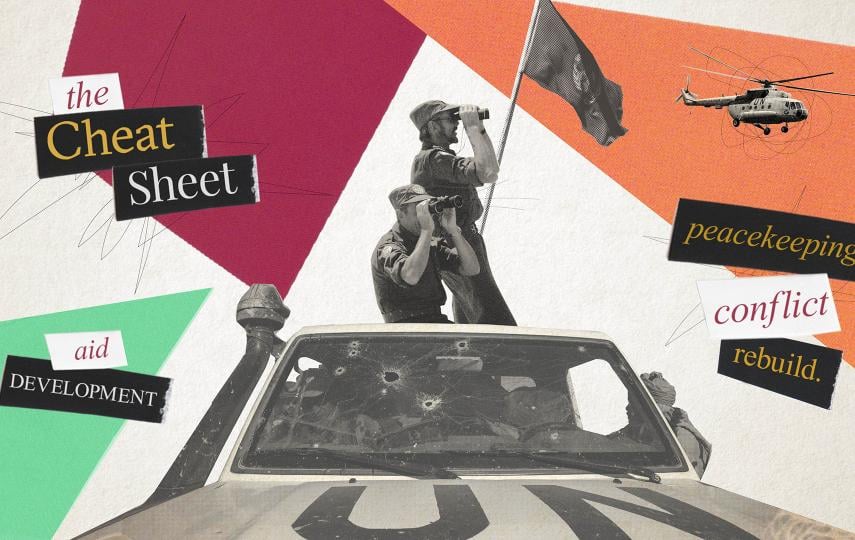Barre's home today is a makeshift shelter at the Ali Addeh refugee camp, 130km south of Djibouti-Ville, the capital. She spoke to IRIN about her experiences and hopes for the future:
"I do not recall much about my life in Somalia because I left there when I was very young. My parents took us away when the fighting started in Mogadishu in 1991.
"I have been in a refugee camp ever since. I got married here to another refugee and have two children. Life here is not easy. It is very hard.
"During the dry season, it is so hot it is impossible to move anywhere [temperatures can reach 45 degrees Celsius]. I am lucky I have a sewing machine and so I work as a seamstress. I sew mostly women's and children's clothes. The work gives me a break from the monotony of life here. As you can see, there is nothing else here; we don’t have anything to kill the time.
"Not knowing your future is the hardest part. I didn't choose to be here, I was forced to be here. It is getting harder and harder to have hope that my children and I will leave here. I don't want to die here.
"I never had a chance to go to school or do what other children do. At least now my children go to school but I want them to have normal lives in a normal setting.
"I have just been interviewed [for resettlement]. I am hoping that this time around we will go somewhere where my children can have a normal life. I may even go to school. They say it is never too late.
"I just pray that the disappointment and the suffering will end and my children will have a better future."
ah/mw
This article was produced by IRIN News while it was part of the United Nations Office for the Coordination of Humanitarian Affairs. Please send queries on copyright or liability to the UN. For more information: https://shop.un.org/rights-permissions





